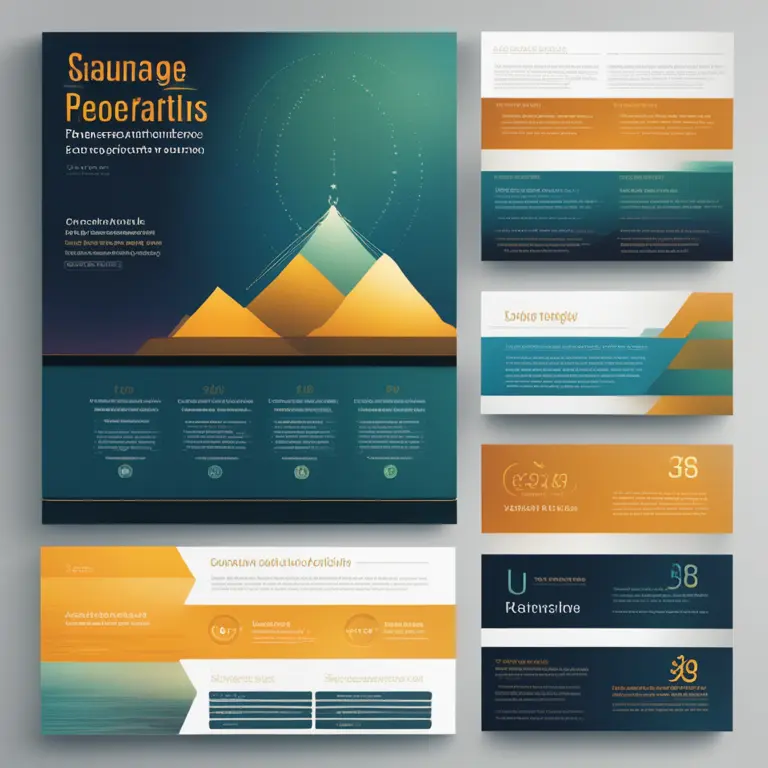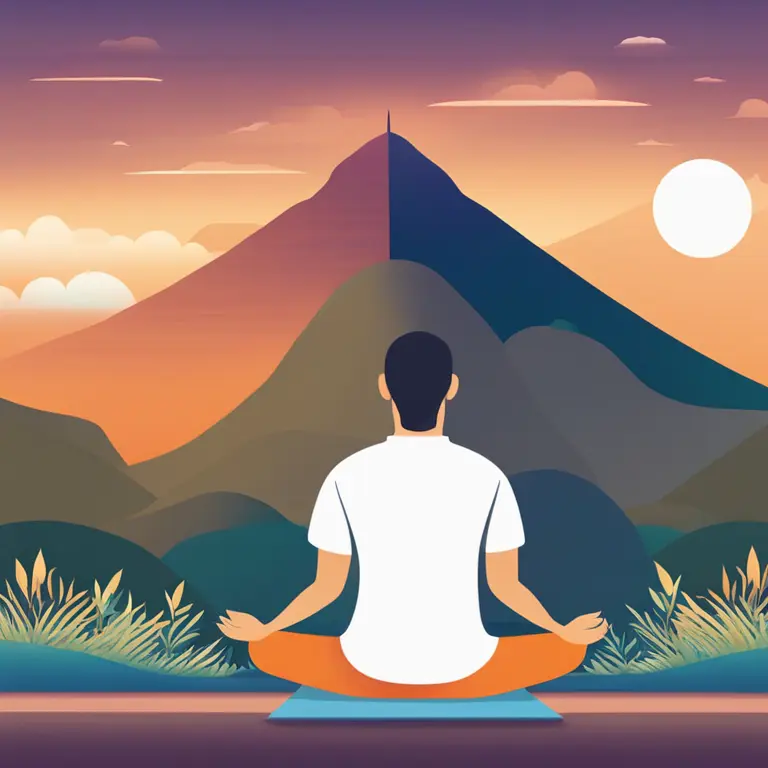
The Calm Within: How Meditation Soothes Stress
Discover the compelling ways in which meditation can alleviate stress, enhance calm, and improve overall well-being in our fast-paced world.
article by Hina Kurosawa
Meditation: A Modern Antidote to Stress
In the relentless hustle of contemporary society, stress has become an unwelcome companion for many. As we journey through the maze of commitments and deadlines, finding solace might seem like a distant dream. However, meditation emerges as a beacon of peace in the chaos. This ancient practice, now backed by modern science, offers a retreat for the mind, allowing us to cultivate a state of relaxation and tranquility. Techniques such as focused attention, deep breathing, and mindfulness create a natural pause from the daily grind, inviting us into a world of serene introspection.

Physiological Harmony through Meditation
When we meditate, we begin an internal symphony of biological processes that can combat stress. The slow, rhythmic nature of our breath during meditation activates the parasympathetic nervous system—the body's natural rest-and-digest response—reducing the heart rate and lowering blood pressure. Scientific studies in 2024 have shown that consistent meditation practice can decrease the production of cortisol, the hormone associated with stress, thereby fostering a state of physiological harmony. This hormonal balance plays a pivotal role in our ability to handle stress efficiently.

Neurological Reconditioning for Stress Relief
Technological advancements in brain imaging have shed light on meditation’s power to rewire neural pathways. Regular practitioners often exhibit increased activity in the prefrontal cortex, an area linked to decision-making and emotion regulation. Simultaneously, there's a decrease in activity within the amygdala, the brain's stress response center. By reconditioning our responses to stressors through meditative practices, we reinforce a neurology of resilience, rendering us more adept at navigating life's challenges with composure.

Meditation: Cultivating Mindful Awareness
One of the cornerstones of meditation is the practice of mindfulness—a form of non-judgmental, present-moment awareness. By fostering mindfulness, we become observers of our thoughts and feelings without being entangled in them. This provides a crucial space between stimulus and response, allowing us to choose how we react to stress. As we enter 2024, mindfulness meditation has gained popularity in therapeutic settings, proving its worth as a tool for emotional regulation and stress reduction.

Improved Sleep and Stress Management
Stress and sleep are intricately connected. Elevated stress levels can hamper our ability to fall asleep and lead to a restless night, creating a vicious cycle. Meditation is known to improve sleep quality by promoting relaxation and addressing the ruminative thought processes that often lead to insomnia. In providing a pathway to better sleep, meditation equips us with increased energy and a refreshed mind to tackle the stressors of a new day.
Social Connection and Empathy through Meditation
Our interactions with others can either amplify or alleviate our stress levels. Meditation practices such as loving-kindness meditation have been shown to enhance empathy, compassion, and social connectedness. By nurturing these qualities, we build stronger, more supportive relationships that create a buffer against stress. The shared experiences in meditation groups or retreats further solidify our sense of belonging, reducing the feelings of isolation that can often accompany stress.
Embarking on the Meditation Journey
Embarking on a meditation journey requires no special equipment or environment—just a few moments of your day and a willingness to engage. As we look ahead, the integration of meditation apps and virtual reality experiences is set to enhance accessibility and engagement, making the practice even more tailored and immersive. Starting with just a few minutes a day can set the foundation for a more peaceful and stress-resistant life.
Published: 1/24/2024
Modified: 1/24/2024
More predictions
Come back here soon to learn more about yourself and your future


Simple Guide to Meditation Practices
Meditation made easy for beginners – discover simple techniques to start your mindfulness journey.


Soothing Sleep-inducing Meditation Techniques
Discover effective sleep-inducing meditation strategies in this enlightening article. Learn to drift into deep, restful slumber with ease.